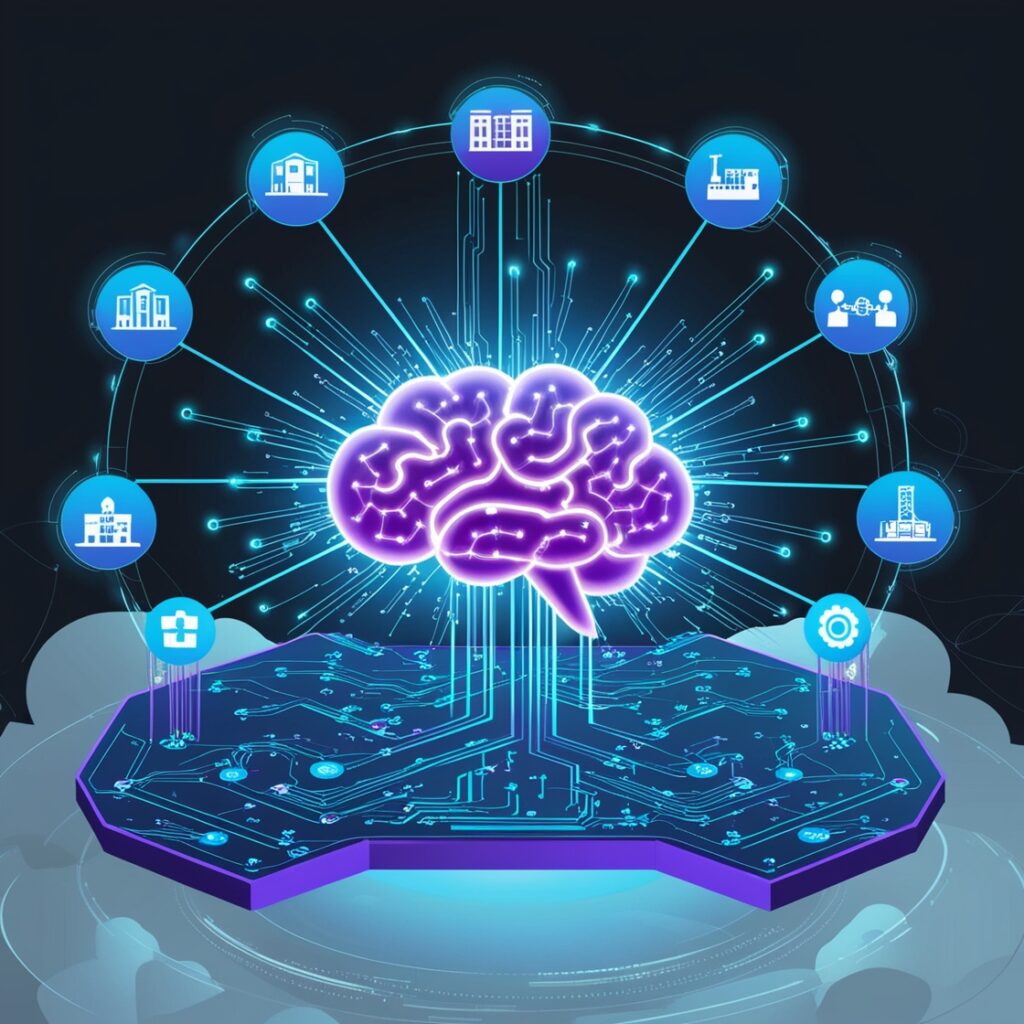Cloud Computing Innovations: Shaping the Future of Technology
In today’s fast-paced digital landscape, cloud computing is revolutionizing the way businesses operate, scale, and innovate. With the global shift towards digital transformation, cloud computing innovations have become essential in driving operational efficiency, enhancing security, and fostering innovation. Let’s explore the latest advancements in cloud technology and how they are shaping the future of businesses and industries alike.
What is Cloud Computing?
Cloud computing allows users to store and access data and applications over the internet instead of on local servers or personal devices. The flexibility, scalability, and cost-effectiveness of cloud platforms make them indispensable for businesses of all sizes. Companies are now leveraging cloud technologies to manage resources, streamline operations, and harness the power of big data analytics.
Key Innovations in Cloud Computing
Serverless Computing Serverless computing allows developers to focus solely on coding, while the cloud provider automatically handles infrastructure management. This results in cost savings, as resources are only used when needed, and faster time to market due to simplified application deployment processes.
Edge Computing Edge computing brings data storage and computation closer to the devices where it is being used, instead of relying solely on centralized data centers. This minimizes latency, speeds up processing, and improves user experience for real-time applications such as IoT devices, smart cities, and autonomous vehicles.
Hybrid and Multi-Cloud Strategies Businesses are increasingly adopting hybrid and multi-cloud strategies to optimize performance, enhance flexibility, and reduce dependency on a single cloud provider. This approach allows organizations to run workloads across different cloud environments, combining private and public clouds for better resource allocation and resilience.
AI and Machine Learning Integration Cloud platforms are becoming the backbone of AI and machine learning innovations. With vast amounts of data available, cloud computing offers scalable infrastructure to train complex models, accelerating AI-driven solutions in industries such as healthcare, finance, and manufacturing.
- Serverless Computing Serverless computing allows developers to focus solely on coding, while the cloud provider automatically handles infrastructure management. This results in cost savings, as resources are only used when needed, and faster time to market due to simplified application deployment processes.
Quantum Computing in the Cloud Though still in its early stages, quantum computing is being explored through cloud platforms. It promises exponential processing power, which could solve complex problems in fields like cryptography, climate modeling, and drug discovery, far beyond the capabilities of classical computers.

Benefits of Cloud Computing Innovations
- Increased Agility: Cloud computing innovations enable businesses to respond faster to market changes and evolving customer demands. The agility provided by cloud infrastructure helps businesses scale operations up or down seamlessly.
- Cost Efficiency: By adopting innovations such as serverless computing and multi-cloud strategies, businesses can optimize costs by paying for only what they use and avoiding vendor lock-in.
- Enhanced Security: Cloud providers are incorporating advanced security mechanisms, including AI-driven threat detection and real-time monitoring, to safeguard data and applications from cyber threats.
- Sustainability: Many cloud innovations support environmental sustainability by reducing the need for energy-intensive data centers and promoting more efficient resource usage.
Future Trends in Cloud Computing
Cloud-Native Applications: As cloud adoption continues to grow, there will be an increasing shift toward cloud-native applications, which are designed and optimized specifically for cloud environments.
5G and Cloud Synergy: The advent of 5G technology will further accelerate cloud innovations, particularly in edge computing and IoT, enabling faster data transmission and real-time applications.
AI-Powered Cloud Services: We can expect cloud platforms to become more intelligent, offering AI-powered recommendations, predictive analytics, and autonomous management for business applications.
Conclusion
The world of cloud computing is constantly evolving, with new innovations that promise to reshape industries and create new opportunities for businesses worldwide. As these advancements continue to unfold, organizations that embrace them will be well-positioned to lead the digital transformation journey.
Cloud computing innovations are not just about improving existing processes but also about unlocking the potential for groundbreaking new applications, driving progress across various sectors.






